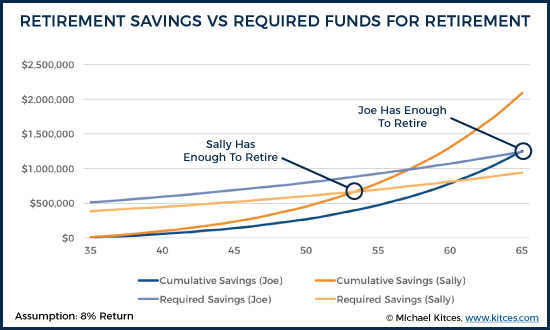Giving Back: Cash vs. Stock (Part 2 of 3)
This article is the second in a three-part series on charitable giving. At Smith Partners Wealth Management, we love Giving Back and see it as part of our everyday mission. You can read more about what we have learned and what we value on our “Lessons in Giving Back” page.
Would You Rather:
When I go hiking with my friends, we often play a game called “would you rather.” An example would be…would you rather faint when you’re nervous or have everyone in the world sound like Jerry Seinfeld? I’d rather faint when apprehensive. However, I have an acute “would you rather” question for you. Would you instead give $10,000 charitably and save $2,500 in taxes or give $10,000 charitably and save $3,700 in taxes? Another obvious answer – save $3,700. Below we will walk through an example to show you how.
Let’s assume Joe makes $120,000 annually, he itemizes deductions and is married filing jointly. He has an investment portfolio, part of which is a $10,000 position in Microsoft with a cost basis of $2,000 (which means he purchased Microsoft for $2,000.) He wishes to sell his Microsoft holdings to re-balance after its immense growth. Lastly, he has set aside $10,000 (cash) to give to his local church this year.
Cash Gift:
- Joe gives $10,000 of cash to his church
- He also sells his $10,000 of Microsoft stock to re-balance his account.
- Joe realizes $120,000 as earned income and then receives a deduction of $10,000 for his cash gift. This will provide Joe with $2,500 in tax savings by lowering his taxable income by $10,000 (10,000 * 25% (tax bracket) = $2,500 saved).
- Because Joe still had to re-balance his Microsoft holdings, he will owe a 15% tax on the capital gains from that sale ($8,000* 15% = $1,200) which will he will owe to the IRS.
Appreciated Capital Gain Property Gift:
- Joe gifts the $10,000 worth of Microsoft stock to the church.
- He then uses his $10,000 cash (he had been saving) to replenish and re-balance the portfolio.

- This strategy will still get the same $10,000 deduction, resulting in the same $2,500 in saved taxes as above.
- However, because he gave away his stock (and the gains associated with it), he won’t be taxed on the $8,000 of capital gains ($8,000 * 15% = $1,200). He “transfers” the capital gains to the church and qualified non-profits do not have to pay capital gains taxes!
- This illustrates that in Joe’s situation, by sidestepping the capital gains, he will save an additional $1,200 by gifting his capital gain property and depositing his cash into his investment account when compared to gifting money.
- In this scenario, the only one who misses out is the IRS.
Note: The appreciated stock gift is more complicated than the brief description above, so you should consult with your tax advisor before attempting any of these strategies. Some rules that apply to a stock gift are that it one’s holding period must be greater than 12 months before being directed to a qualified charity, or a Donor Advised Fund (DAF).
If Joe were over 70 1/2 years old, there would be another option which would involve giving his Required Minimum Distribution (RMD) directly from his IRA; however, it must qualify as a QCD (Qualified Charitable Distribution). If you want to know more about this strategy, then click the link HERE.
Summary:
These strategies are most advantageous for charitably inclined individuals. Joe would have more money in his account if he never gave any away. But as we detailed in our previous post “Why Give?”, The benefits of giving go beyond the monetary value for both the giver and the recipient. Unless the IRS is your favorite charity, it pays to think through the most tax-efficient way to do the most good.








